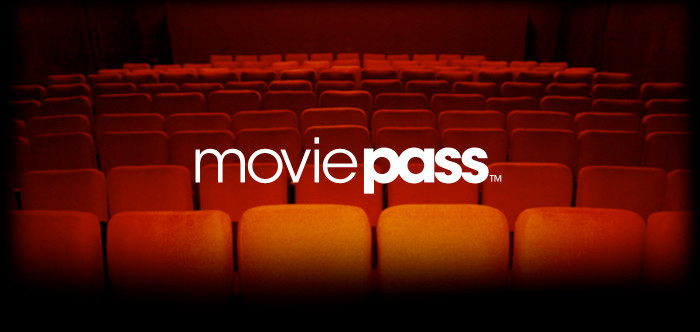Regal Bringing "Dynamic Pricing" To Theaters – Why This Is A Great Idea
(Welcome to The Soapbox, the space where we get loud, feisty, political, and opinionated about anything and everything. In this edition: why Regal's new plan for dynamic movie ticket prices is a great idea.)
The Regal Cinemas movie theater chain is planning to test a dynamic pricing concept in movie theaters. Does this mean that they will charge less for tickets to indie films and more for big blockbusters? No. What Regal will be experimenting with is "a pricing model that drives incremental revenue in peak periods and incremental attendance in non-peak periods." So what does that mean exactly? Let's take a look.
What Does Dynamic Pricing in Movie Theaters Even Mean?
Regal is teaming up with ticketing startup Atom Tickets for this test in several markets in early 2018. Regal CEO Amy Miles told analysts during a third-quarter earnings call that:
"Changes to the historical pricing structure have often been discussed but rarely tested in our industry, and we're excited to learn even more about how pricing changes impact customer behavior."
While details of this trial have not been revealed, this sounds like they will potentially charge less for tickets in non-peak showtimes, a practice that has already been done with matinees. However, it's possible to imagine this extending to weekdays and weeknights when a theater is light on business. In recent years, theme parks like Disneyland and Universal Studios have introduced dynamic pricing based on the historical activity of their theme parks, so I could easily see the same thing adopted in movie theaters.
Bloomberg suggests that the dynamic pricing will lead to higher prices for top hits and low rates for flops, encouraging people to buy tickets to movies that aren't performing as well. This also makes sense as movie theaters are dedicating a whole screen to a film regardless of how many people buy a ticket, and thus often losing out on their investment. Imagine paying less to see Blade Runner 2049 because the theaters are less full.
On the other side of the coin, I imagine this model could lead to tickets for Star Wars: Episode 9 costing a lot more than usual on opening weekend due to the increased demand. I'm sure that idea might upset a number of movie fans, but as someone who usually pays for movies in non-peak times, this seems like the smarter way to run a movie theater business.
The History of Dynamic Pricing in Movie Theaters
When talk of dynamic pricing in movie theaters is brought up, we often hear about the idea of lower budget films commanding a lower ticket price than high budget blockbuster event movies. A lot of people are against this kind of structure, as it seems to suggest that smaller films are "less valuable" than the big studio releases. But consumers already pay much less for indies on VOD than they do blockbusters, so this price distinction is already happening in the home.
I honestly believe that more people might see The Big Sick in a theater if it cost one third the price of a ticket to Star Wars. Encouraging more people to see these kind of films in theaters, and in effect, having more of these films play in theaters (as they might become more profitable) is a win-win for me. After all, Hollywood has already been trying to create pricing tiers for movies under the guise of premium experiences like IMAX and 3D. Remember, we don't typically see the smaller films in these premium formats.
Could the Evolution of Movie Theater Pricing be in the Form of a Subscription?
But I think it's clear that, in this day and age, the pricing model for moviegoing needs to change and adapt with the times. What the end result may be is anyone's guess right now, but I'm betting a subscription movie theater model could win out.
Movie theater chains are facing the problem of declining ticket sales, with the options for consumers expanding within their homes with VOD and services like Netflix. Recently, MoviePass launched a $9.99 a month service that allows subscribers to see one movie a day in theaters. I am a MoviePass subscriber and have been loving the service, despite their less-than-superior app and customer service – it saves me money and lets me see more movies.
The problem is that the company does not have deals with many of the major movie theater chains and is paying full price for the tickets and subsidizing the subscriptions through the collection of subscriber data. In the short run, movie multiplexes are likely to see a surge in business, but most analysts believe this disruptive business model won't pay off for MoviePass in the end. The result could be the devaluation of the moviegoing experience for consumers. Movie theater subscription services seem to be successful internationally, but they are dependent on the involvement of the chains themselves.


